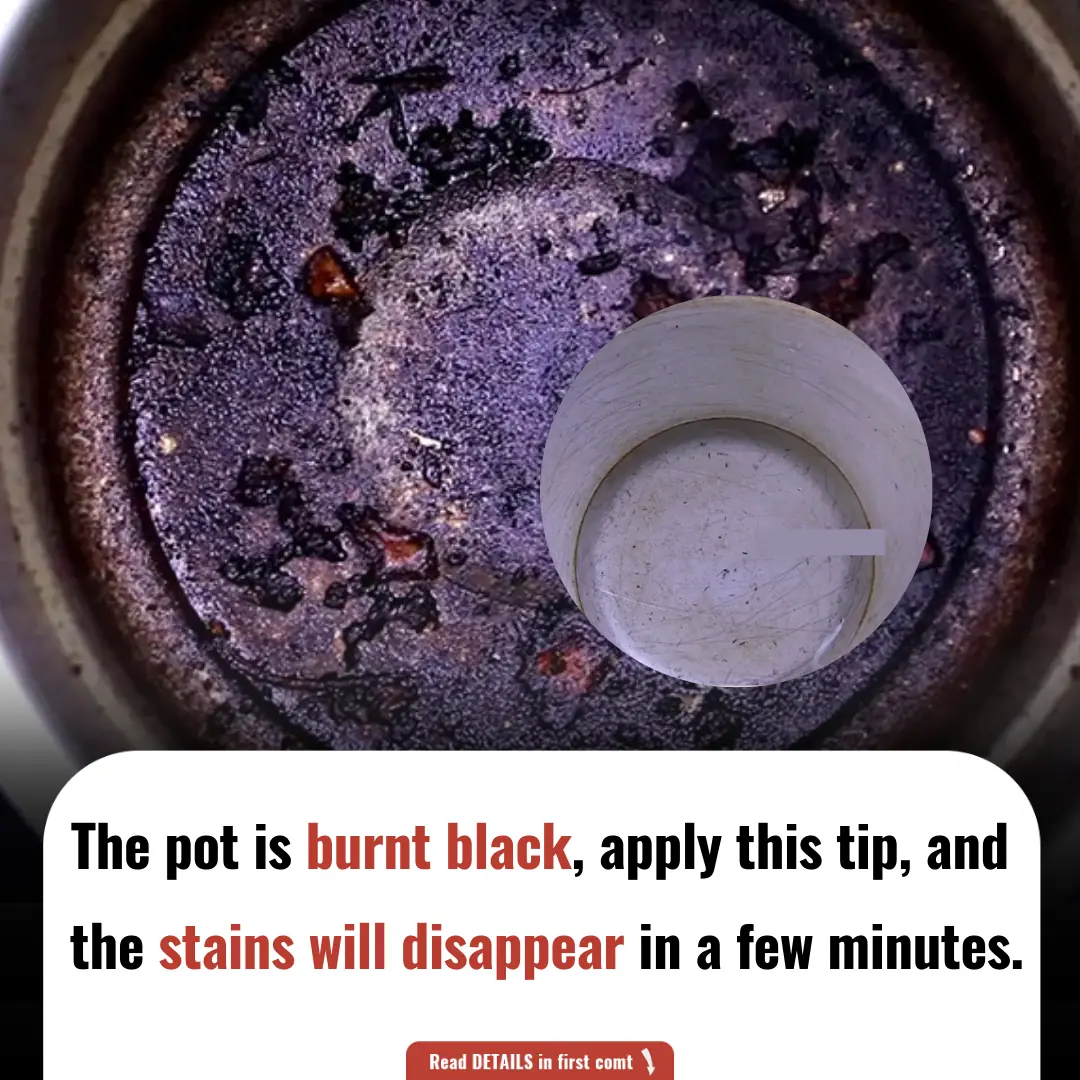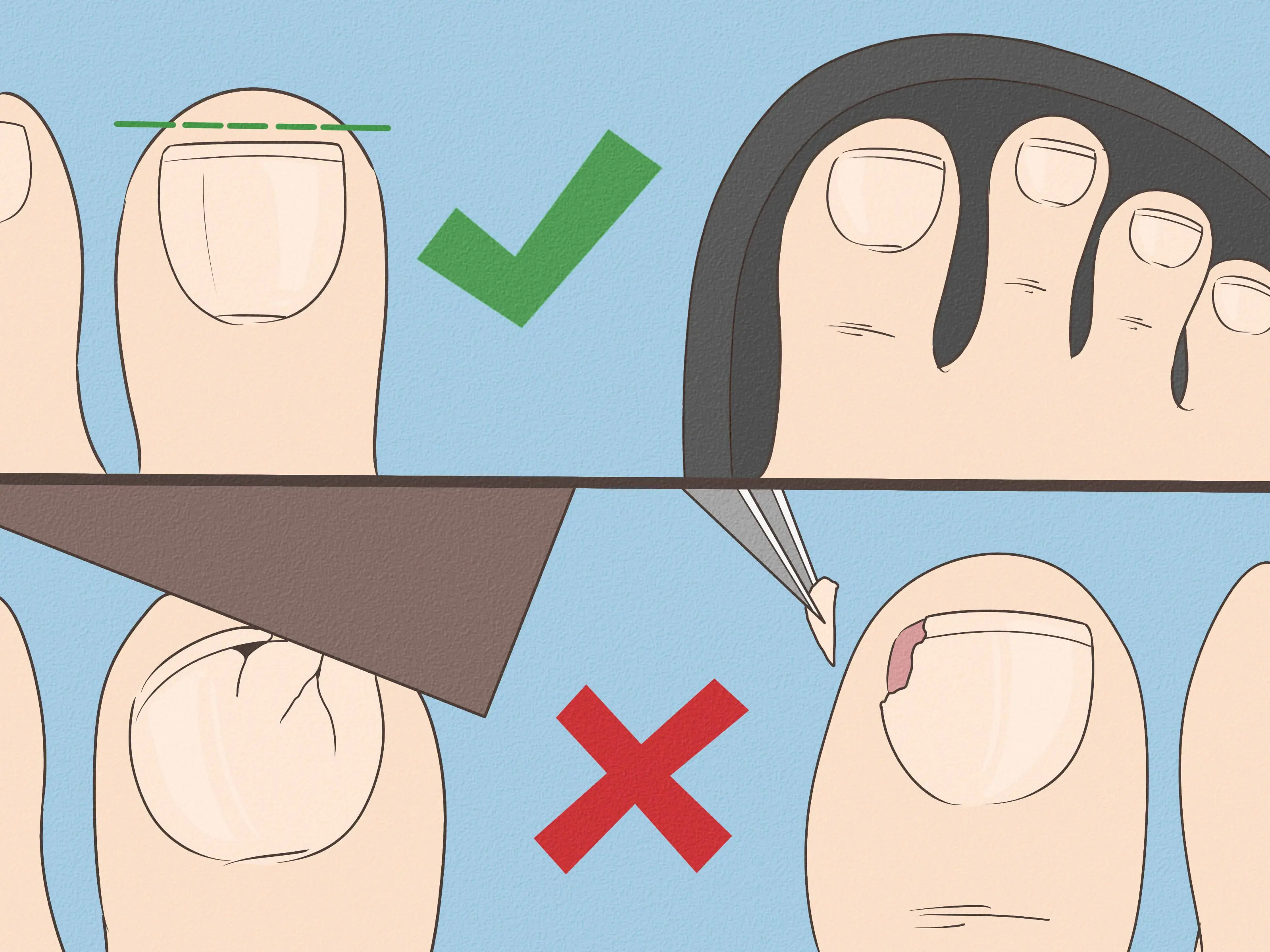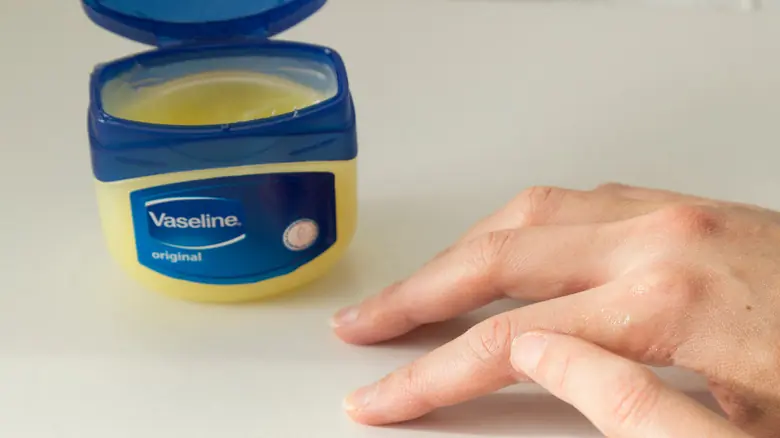
Place a Face Mask in the Refrigerator: A Small Trick with Unexpected Results
In the world of skincare, we’re always on the lookout for little tricks that can enhance our beauty routines. While we often think of face masks as a luxury to relax and pamper ourselves, there’s one simple hack that has gained popularity among beauty enthusiasts: placing your face mask in the refrigerator. Although it may sound unusual, this small trick can offer unexpected benefits for your skin, especially when it comes to refreshing and soothing your complexion. In this article, we’ll explore why refrigerating your face mask is a good idea, how it can improve your skincare routine, and the potential benefits it offers.
1. The Cooling Effect: Soothe Irritated Skin
One of the primary reasons why many people place their face masks in the refrigerator is to take advantage of the cooling effect. Cold temperatures can have a soothing impact on irritated skin, making this simple hack an ideal remedy for those dealing with redness, puffiness, or inflammation.
-
Reducing Puffiness: If you’ve had a sleepless night or have been dealing with stress, your skin may appear puffy, especially around the eyes. Cooling your face mask in the fridge before applying it can help constrict blood vessels, reducing the appearance of puffiness. The cool sensation provides instant relief and can help make your skin look fresher and more awake.
-
Calming Skin Sensitivity: Cold temperatures also help to calm sensitive or inflamed skin. Whether you have sunburned skin, allergic reactions, or conditions like rosacea, the cold sensation from the refrigerated mask can reduce redness and irritation. The cooling effect can act as an instant soothing treatment, providing a gentle, comforting feeling on your skin.
2. Enhanced Absorption of Active Ingredients
Another reason to refrigerate your face mask is that cold temperatures can help improve the absorption of the active ingredients. When your skin is cool, your pores tend to tighten slightly, which can prevent certain ingredients from being absorbed too quickly. This means that when you apply a chilled face mask, your skin has more time to absorb the beneficial components of the mask, such as antioxidants, hydrating agents, and vitamins.
-
Hydration Boost: Many face masks are designed to hydrate the skin, and cold temperatures can help lock in moisture more effectively. When your skin is chilled, it tends to hold onto the moisture for longer periods. This can lead to improved hydration levels and a plumper, more radiant complexion.
-
Maximizing the Effects of Ingredients: Some active ingredients, such as Vitamin C or retinol, can be more effective when absorbed slowly. By refrigerating your mask, you’re allowing the ingredients to stay in contact with your skin for a longer period, ensuring that they penetrate deeply for better results.
3. A Relaxing and Refreshing Experience
Applying a chilled face mask can transform your skincare routine into a relaxing spa-like experience. The sensation of coolness on your skin is refreshing, especially after a long day, and it can help calm both your skin and your mind.
-
Stress Relief: The act of applying a cool face mask can be incredibly therapeutic. It provides a moment of tranquility and self-care that can help you unwind and de-stress. The cooling sensation is also known to help relieve tension in the face and jaw, which can build up due to stress or grinding teeth.
-
Invigorating Start to Your Day: For those who prefer morning skincare routines, placing your face mask in the refrigerator gives you an invigorating start to the day. The cold mask can help awaken your senses and give your skin a refreshed, glowing appearance. It’s the perfect pick-me-up, especially when you need a little extra boost to start the day.
4. Extending the Shelf Life of Face Masks
Storing your face masks in the refrigerator not only enhances their effects but also helps to extend their shelf life. Many skincare products, especially those that contain natural ingredients or are free from preservatives, can degrade more quickly when exposed to heat or light.
-
Preserving Freshness: By placing your face masks in the fridge, you keep them at a consistent, cool temperature. This can slow down the breakdown of certain ingredients and help preserve the mask’s freshness for a longer period. This is particularly beneficial for homemade or natural masks, which may not contain the preservatives found in store-bought products.
-
Preventing Bacterial Growth: Refrigerating your face mask also helps to prevent the growth of bacteria. Many face masks contain water-based formulas, which can become a breeding ground for bacteria if left at room temperature for too long. Storing them in the fridge keeps the product fresh and hygienic, reducing the risk of contamination.
5. Ideal for Sheet Masks and Gel-Based Masks
Refrigerating sheet masks or gel-based masks is particularly beneficial. These types of masks often have a cooling and soothing effect when applied directly to the skin, and chilling them in the fridge intensifies this sensation.
-
Sheet Masks: When you refrigerate a sheet mask, the cooling effect is heightened, making it even more effective in reducing puffiness and calming the skin. The cold temperature also helps the sheet mask adhere better to the skin, ensuring that the active ingredients are delivered more efficiently.
-
Gel Masks: Gel masks, which are often used for hydration and calming, benefit greatly from being chilled. The gel texture becomes firmer when cold, providing a tighter, more comfortable fit on the face. The cold helps these masks to work more effectively in locking in moisture and calming irritated skin.
6. Quick and Easy To Implement
The best part about this hack is that it’s quick and easy to implement. Simply place your face mask in the refrigerator before your skincare routine, and let it chill for about 10-15 minutes. You don’t need any special tools or extra steps – just a regular refrigerator.
It’s also a budget-friendly option that doesn’t require purchasing expensive skincare tools or treatments. This small change can make a significant difference in the effectiveness of your mask, offering you a spa-like experience at home without breaking the bank.
7. Important Considerations
While refrigerating your face mask can offer several benefits, it’s important to remember a few things:
-
Not All Masks Are Suitable for Refrigeration: Some masks, particularly those with delicate or volatile ingredients, may not react well to refrigeration. Always check the product label or consult the manufacturer’s guidelines before storing your mask in the fridge.
-
Cleanliness: Ensure that your refrigerator is clean before storing your face mask. This prevents contamination and ensures that your skincare products remain fresh.
Conclusion
Placing a face mask in the refrigerator is a simple yet effective trick that can elevate your skincare routine. From soothing irritated skin and reducing puffiness to enhancing the absorption of active ingredients, this hack offers unexpected results that can benefit your complexion. Not only does it provide a refreshing experience, but it also helps preserve the mask’s effectiveness and extend its shelf life. So, next time you prepare for a skincare session, don’t forget to pop your mask in the fridge for a cool, revitalizing treat for your skin.
News in the same category


A Trick to Repel Rats Using Common Household Ingredients, Keeping Your Home Clean, Fresh, and Rat-Free

Put Ice Cubes in Your Clothes Dryer, and You’ll Be Surprised by the Results

Why You Should Put Coins in the Refrigerator?

Tips for Choosing Good Avocados: Don't Be Tempted by Large Ones, They Are 'A Waste of Money'.

Weak Toilet Flush with No Suction Power? A Simple DIY Hack from the Pros

Don’t Throw Away Rotten Tomatoes – The More Rotten, the More “Valuable”! Few People Know This, So Share It with Your Family

Treat Premature Gray Hair with a Natural Dye Using Tamarind and Potato – Cheap and Effective!

Here are 3 coffee drinking habits of many young people that can accelerate aging and cause various health problems

It's not a snake, this is the "a:ss@ssin" that can crawl out of your air conditioner at home.
Why Should We Not Open the Bedroom Door at Night?

8 Body Language Tips to Help You Appear More Confident

Why Should You Not Close the Door When Using the Air Conditioner?

Flight Attendants Reveal Surprising Truth About Coffee Cups on Airplanes

Why Passengers Must Leave Their Luggage Behind During an Emergency Evacuation

5 'Golden Rules' Pilots Swear By That Everyone Should Follow When Boarding a Plane

Why Do Many People Abroad Hang Their Pants Inside Out with the Waistband Facing Down?

How to Clean a Burnt Pot in Just a Few Minutes: A Simple Solution

Pouring Hot Water into the Kitchen Sink: Thought It Was Helpful but Actually Causes Two Serious Problems
News Post

What Is the Small Cap Inside Cooking Oil Bottles For? Simple But Extremely Useful

A Trick to Repel Rats Using Common Household Ingredients, Keeping Your Home Clean, Fresh, and Rat-Free

Put Ice Cubes in Your Clothes Dryer, and You’ll Be Surprised by the Results

Why You Should Put Coins in the Refrigerator?

Tips for Choosing Good Avocados: Don't Be Tempted by Large Ones, They Are 'A Waste of Money'.

Natural Home Remedies for Ingrown Toenails That Bring Quick Relief

This Is What Happens to Your Body When You Start Eating Raw Garlic

What Those Red Spots on Your Skin Are Warning You About and How to Remove Them Naturally

Small Morning Habits That Many Overlook but Boost Blood Flow and Energy

How to use Onion juice & Onion Hair Oil for Hair Growth – Onion Benefits for Hair

What it says about your relationship when your partner sleeps with their back to you

Woman Urged to See Doctor After Spotting Concerning Line

Homemade Okra Face Gel – Collagen Gel for Glowing Skin

Groups of People Who Need to Avoid Eating Bread

What those strange skin patterns might really mean

Should You Eat Rice for Breakfast

Preventing Stroke At Any Age: 3 “Don’ts” After Meals—And 4 “Don’ts” Before Bed

Why You Should Stop Using Petroleum Jelly On Your Skin (It’s a Byproduct of the Petroleum Manufacturing Process)
